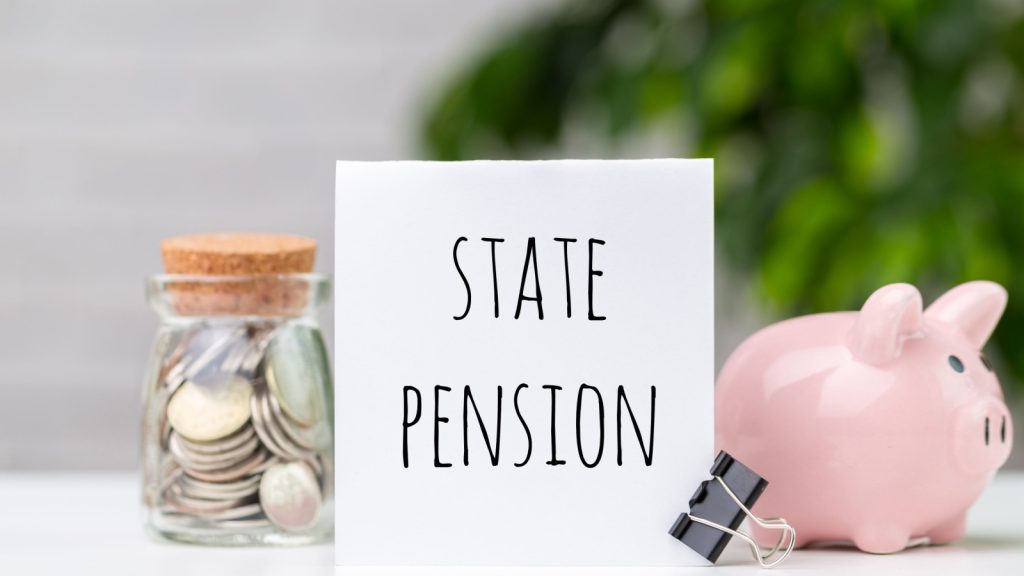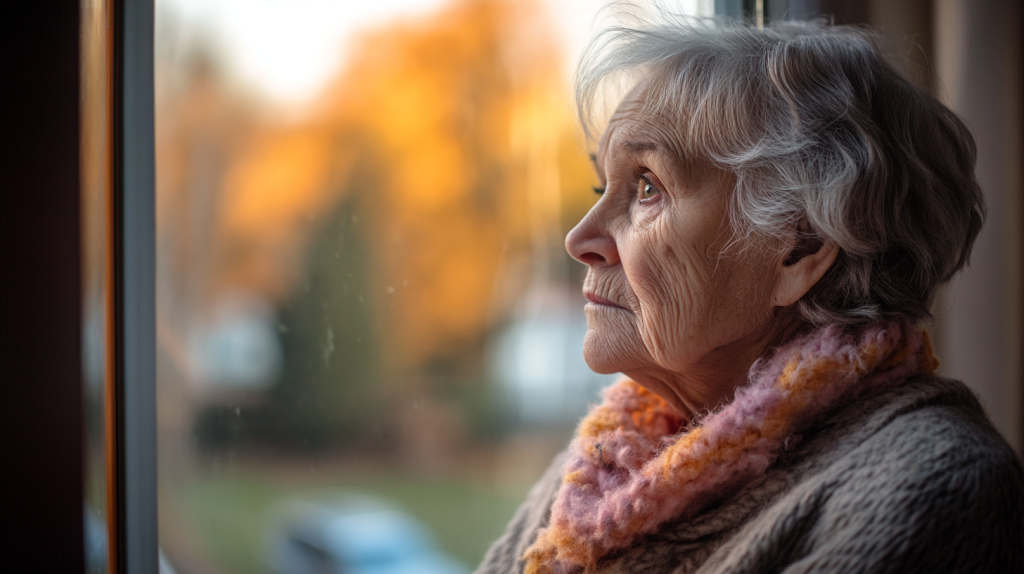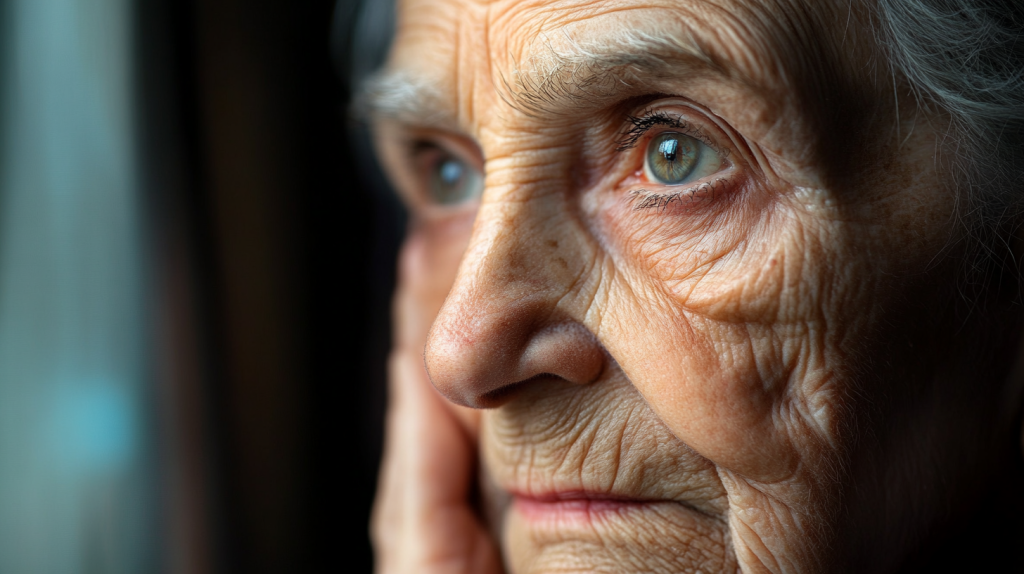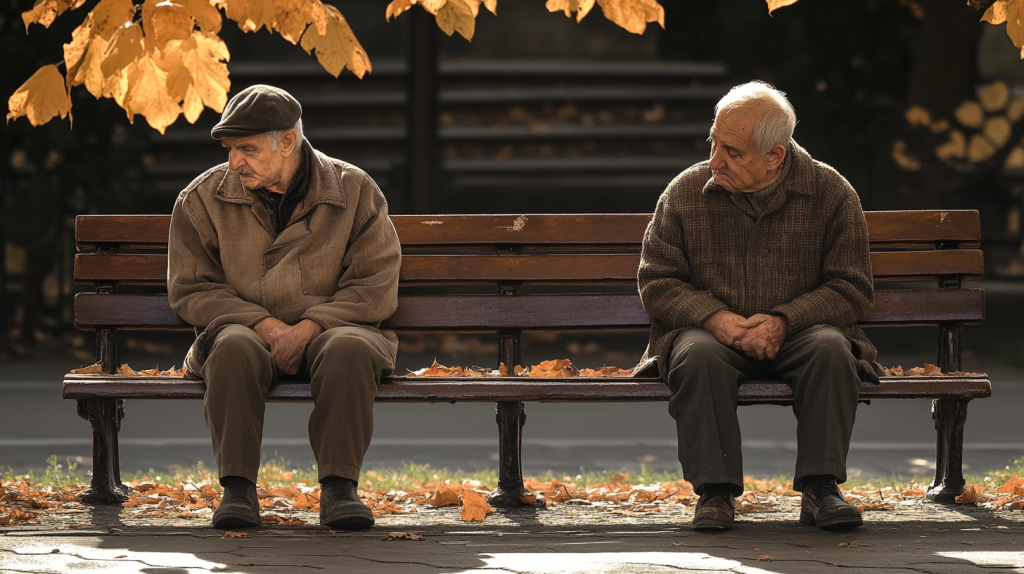Growing old should be a time of comfort and security, but for many UK pensioners, it’s becoming a period of stress and uncertainty. The United Kingdom, once known for its robust welfare system, is facing challenges in providing adequate support for our aging population. From insufficient pension amounts to cuts in social care, the issues are mounting. I am genuinely concerned about my own future and when or even if I’ll be able to afford to retire.
Inadequate State Pension

The UK state pension is among the lowest in developed countries. Many pensioners struggle to make ends meet with the current basic state pension of £221.20 per week. This amount often falls short of covering basic living expenses, leaving many elderly people in financial hardship. Without additional private savings or occupational pensions, many pensioners are forced to make difficult choices between essential needs like food, heating, and healthcare.
Rising Energy Costs

Pensioners are disproportionately affected by soaring energy prices. Many older people spend more time at home and require more heating, leading to higher bills. The government’s efforts to address this issue have been insufficient, leaving many elderly people choosing between heating and eating. Energy price caps and winter fuel payments have provided some relief, but they are often not enough to offset the steep increases in energy costs.
Cuts to Social Care

Social care services have faced significant cuts in recent years. This has resulted in reduced support for elderly people who need help with daily tasks. Many pensioners now struggle to access the care they need to maintain their independence and quality of life. The lack of social care funding has also placed greater pressure on families, who are often unprepared to provide the necessary care themselves.
Limited Access to NHS Services

Despite the NHS being free at the point of use, many pensioners face long waiting times for treatments. This can lead to deteriorating health conditions and reduced quality of life. The strain on the NHS particularly affects the elderly, who often require more frequent medical attention. Additionally, delayed treatments can result in more complex health problems, making recovery more difficult and costly.
Lack of Affordable Housing

Many pensioners struggle to find suitable, affordable housing. The shortage of age-appropriate homes and the high cost of rent or mortgages can force older people to live in unsuitable conditions. This can negatively impact their health and wellbeing. Poor housing conditions, such as inadequate heating or accessibility issues, can exacerbate health problems and reduce life expectancy among older people.
Digital Exclusion

As more services move online, many older people find themselves left behind. From banking to booking medical appointments, the digital shift can be challenging for pensioners who aren’t comfortable with technology. This digital divide can lead to isolation and reduced access to essential services. Without proper digital literacy support, many elderly people are at risk of becoming increasingly marginalized in an increasingly digital world.
Inadequate Public Transport

Cuts to public transport services have hit pensioners hard. Many older people rely on buses and trains to maintain their independence and social connections. Reduced services, especially in rural areas, can lead to isolation and difficulty accessing essential services. The lack of reliable public transport options can also limit older people’s access to healthcare, shopping, and social activities, further isolating them.
Pension Credit Uptake Issues

Many pensioners who are eligible for Pension Credit don’t claim it. This means they’re missing out on extra income and other benefits like free TV licenses. The DWP has launched a Pension Credit awareness campaign, but more needs to be done to ensure all eligible pensioners receive this support. Simplifying the application process and increasing outreach efforts could help ensure that more pensioners receive the benefits they are entitled to.
Age Discrimination in Employment

Despite laws against age discrimination, many older people face barriers in the workplace. This can make it difficult for those who need or want to work past retirement age to supplement their pensions. The UK needs to do more to promote age diversity in the workforce. Employers should be encouraged to offer flexible working options and retraining opportunities to help older workers remain active in the job market.
Insufficient Support for Carers

Many pensioners act as carers for their spouses or other family members. The support and respite services for these elderly carers are often inadequate, leading to stress and health issues for the carers themselves. The physical and emotional toll of caregiving without adequate support can lead to burnout, which can harm both the carer and the person receiving care.
Loneliness and Social Isolation

Social isolation is a growing problem among the elderly in the UK. Cuts to community services and the closure of local facilities like libraries and community centers have reduced opportunities for social interaction. This can lead to serious mental health issues among pensioners. Loneliness has been linked to higher rates of depression, anxiety, and even physical health problems such as heart disease and cognitive decline.
Complicated Benefits System

The UK benefits system can be complex and difficult to navigate, especially for older people. This complexity can result in pensioners missing out on benefits they’re entitled to, further exacerbating financial hardship. Streamlining the benefits system and providing clearer guidance could help ensure that more pensioners access the support they need.
Lack of Mental Health Support

Mental health services for the elderly are often underfunded and overlooked. Depression and anxiety are common among older people, but many struggle to access appropriate support and treatment. Addressing the stigma surrounding mental health in older adults and increasing funding for geriatric mental health services are essential steps toward improving care.
Insufficient Protection from Scams

Elderly people are often targeted by scammers, yet there’s inadequate protection and support for victims. More needs to be done to educate pensioners about potential scams and to support those who fall victim to fraud. Implementing stronger consumer protection measures and providing accessible information on how to spot and avoid scams could help protect vulnerable pensioners.
Poor End-of-Life Care

End-of-life care in the UK often falls short of what’s needed. Many pensioners don’t receive adequate palliative care or support to die with dignity. This can cause unnecessary suffering for both the elderly and their families. Expanding access to quality palliative care and ensuring that end-of-life services are adequately funded are crucial for providing compassionate care during a person’s final days.
Inadequate Dental Care

NHS dental care for pensioners is often insufficient. Many struggle to find NHS dentists or face long waiting times. Poor dental health can have serious impacts on overall health and quality of life for older people. Untreated dental issues can lead to pain, infections, and difficulties with eating, which can further exacerbate health problems in the elderly.
Lack of Age-Friendly Communities

Many UK communities aren’t designed with the needs of older people in mind. From inaccessible public spaces to a lack of seating in shopping areas, these oversights can make daily life challenging for pensioners. Creating more age-friendly environments with features like safer streets, accessible public transport, and community centers could greatly improve the quality of life for elderly residents.
Insufficient Support for Older LGBTQ+ People

Older LGBTQ+ people often face unique challenges, including discrimination in care settings and isolation from their communities. The UK needs to do more to ensure that care and support services are inclusive and sensitive to the needs of all pensioners. Tailoring services to address the specific needs of LGBTQ+ seniors and promoting inclusive training for care providers can help create a more supportive environment for these individuals.
Katy Willis is a writer, master herbalist, master gardener, and certified canine nutritionist who has been writing since 2002. She’s finds joy in learning new and interesting things, and finds history, science, and nature endlessly fascinating.

